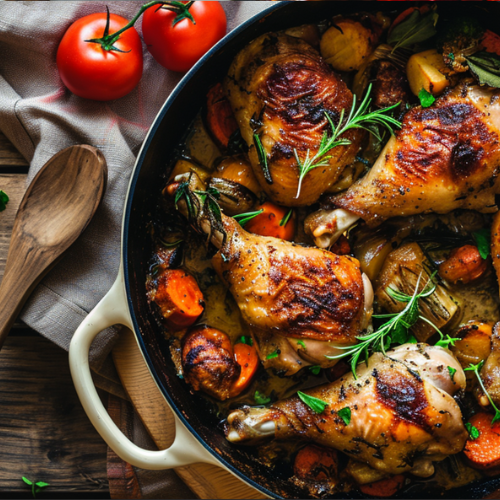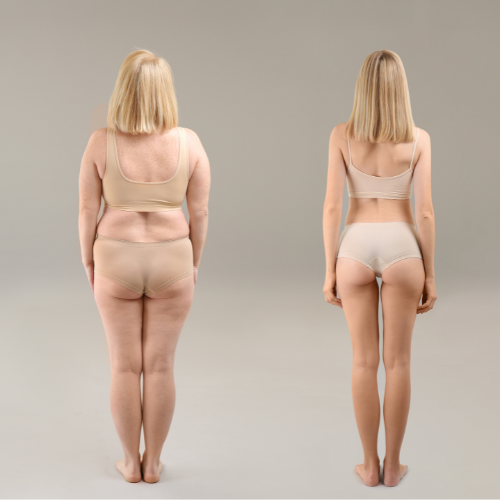Alcohol under a magnifying glass: What you need to know about calories when planning your diet
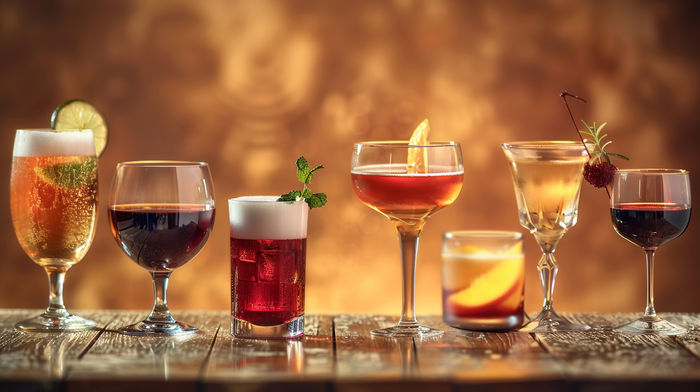
When we decide to change our eating habits or plan a diet, we often focus on calories from food, overlooking the liquid calories that alcohol provides. Meanwhile, alcoholic beverages can have a significant impact on our daily caloric intake, and thus on the effectiveness of our diet. In this article, we'll take a closer look at how alcohol affects our caloric balances, and what you should know when planning your diet.
Calories in alcohol - basic information
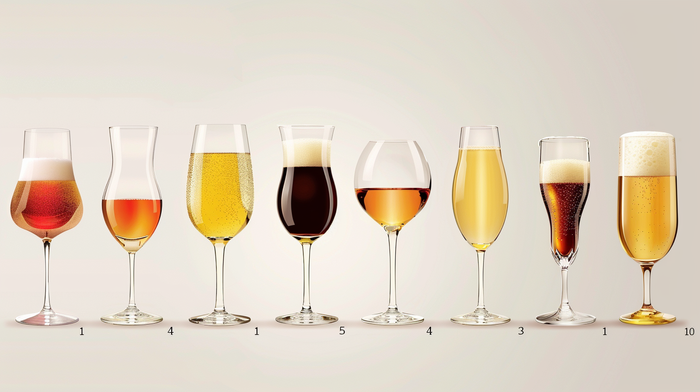
Alcohol (ethanol) provides 7 calories per gram, which puts it second only to fat (9 kcal/g) in terms of calories. This value is much higher than calories from proteins or carbohydrates (both at 4 kcal/g). What's more, calories from alcohol are so-called 'empty calories,' meaning they provide no nutritional value to the body other than energy.
How does alcohol affect weight?
Alcohol consumption can affect our weight in several ways. First, due to its high caloric content, regular drinking can lead to excessive caloric intake and thus weight gain. Second, alcohol can affect our metabolism, slowing down the fat-burning process. Moreover, under the influence of alcohol, we often make less healthy eating decisions, reaching for high-calorie snacks.
Alcohol choice vs. diet planning
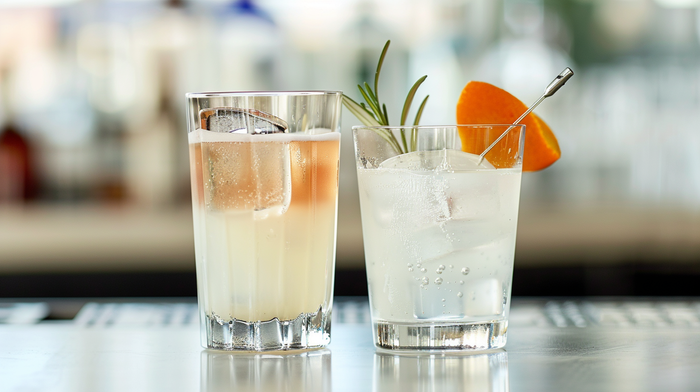
If you do not want to give up alcohol while dieting, it is important to consciously choose the types of alcoholic beverages. Some types of alcohol, such as dark beers and sweet wines, are much more caloric than others. For example, by choosing dry wine over sweet wine, we can significantly reduce the amount of calories consumed. Similarly, instead of high-calorie drinks with sweet juices, it's better to choose simpler mixes, such as sugar-free gin and tonic.
Tips to reduce calories from alcohol
Choose drinks with lower alcohol content to limit calories. 2. Avoid sugary mixes and drinks with added sugar. 3. Drink alcohol in moderation - limiting the amount is key to keeping calories under control. 4. Always drink plenty of water to avoid dehydration and reduce the risk of a hangover, which can lead to unhealthy food choices the next day. 5. When you drink alcohol, try to avoid snacks, which can significantly increase your daily calorie intake.
- Choose drinks with lower alcohol content to reduce calories.
- Avoid sweet mixes and drinks with added sugar.
- Drink alcohol in moderation - limiting the amount is the key to keeping calories under control.
- Always drink plenty of water to avoid dehydration and reduce the risk of a hangover, which can lead to unhealthy food choices the next day.
- When you drink alcohol, try to avoid snacks, which can significantly increase your daily calorie intake.
Summary
Alcohol can be a significant source of calories in the diet and affect our efforts to control weight. Taking a conscious approach to alcohol consumption, choosing lower-calorie beverages and limiting the amount of alcohol consumed can help you maintain a healthy diet without sacrificing the pleasure of alcohol altogether. Remember that moderation and conscious decision-making are the keys to success.

